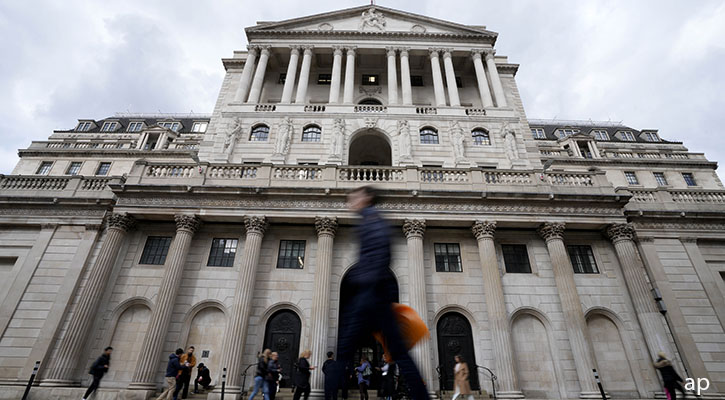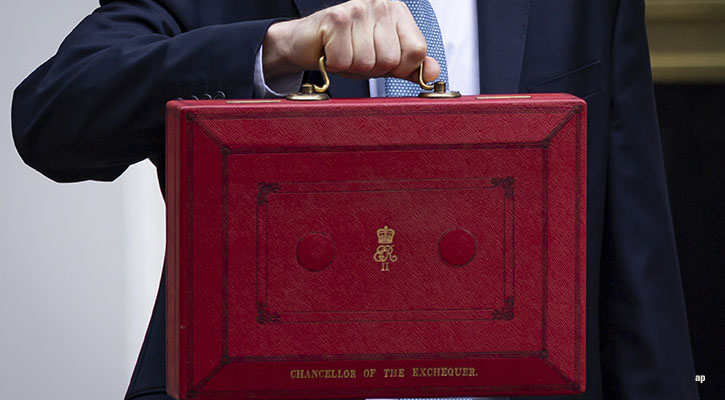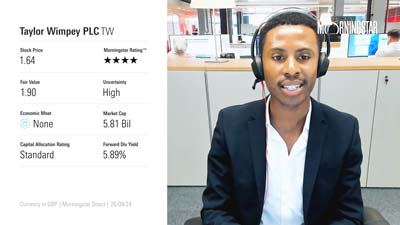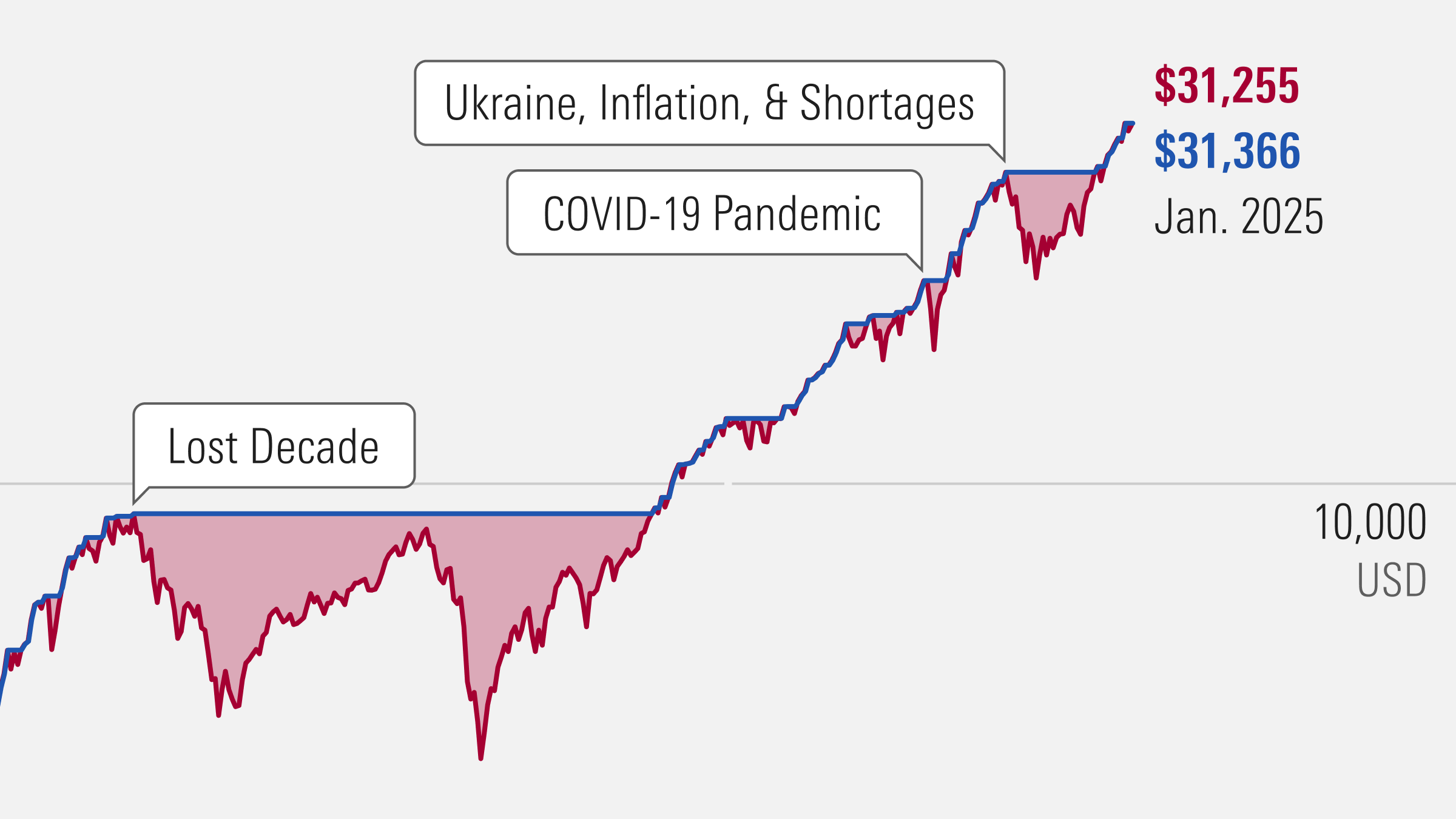
JD Wetherspoon PLC has swung to a half-year profit in line with improving revenue performance, amid what it called cautious optimism about its further progress.
Shares in JD Wetherspoon were up 6.9% to 621.13 pence each in London on Friday morning.
In the 26 weeks ending January 29, the Watford-based pub and hotel chain said pre-tax profits, after separately disclosed items, were at £57 million, up from its £13.0 million loss a year earlier. The separately-disclosed items refer to additional finance income, costs and property losses.
This was because revenue was also up 13% to £916.0 million from £807.4 million.
JD Wetherspoon compared its results to the equivalent period in 2019, before the 2020's repeated lockdowns. Pre-tax profit after separately disclosed items was up 17% from £48.6 million, while revenue was up 3.0% from £889.6 million. Like-for-like sales were up 5.0%.
Basic earnings per share for the first half of its financial 2023 was 29.4p, swinging from a loss per share of 9.0p. That's still down 20% from 36.8p in the equivalent period in 2019, however.
The business has now opted not to declare an interim dividend, unchanged from a year earlier. It has not done so since 2019, when it declared a return of 4.0p per share.
"Trade for the last seven weeks was 9.1% above the equivalent period in [financial] 2019 and 14.9% above the equivalent period in our last financial year. As reported last year, the company has a full complement of staff, although the labour market is competitive, with unemployment, in spite of economic problems, at approximately its lowest level in the last 50 or so years," chair Tim Martin said.
"Supply or delivery issues have largely disappeared, for now, and were probably a phenomenon of the stresses induced by the worldwide reopening after the pandemic, rather than a consequence of Brexit, as many commentators have argued.
"Inflationary pressures in the pub industry, as many companies have said, have been ferocious, particularly in respect of energy, food and labour. The Bank of England and other authorities believe inflation is on the wane, which will certainly be of great benefit, if correct."
The results come amid reports of rising consumer confidence in March, despite the cost of living crisis. GfK's long-running Consumer Confidence Index increased two points in March, masking ongoing concerns about personal finances, rising to an overall score of minus 36.
Confidence in personal finances over the next 12 months remains weak, however, falling three points to minus 21 – three points lower than this time last year.
The survey comes as UK inflation shot up unexpectedly to 10.4% in February from 10.1% in January – defying expectations of a fall to 9.9%.
However, GfK found optimism for the next 12 months had increased by three points, albeit to minus 40 – but nine points better than last March.
The major purchase index, an indication of confidence in buying big ticket items, also rose by four points to minus 33, nine points lower than a year ago.
GfK client strategy director Joe Staton said: "forecasts that headline inflation will fall this year have proved premature, given Wednesday's announcement of an unexpected increase.
"Wages are not keeping up with rising prices and the cost-of-living crisis remains a stark reality for most.
"The recent Budget will bring relief to some sections of the population, but for now many people are simply looking to survive day-by-day. Just having enough money to live right and pay the bills remains the number one concern for consumers across the UK."
By Josie Clarke and Greg Rosenvinge for Alliance News










.jpg)


















